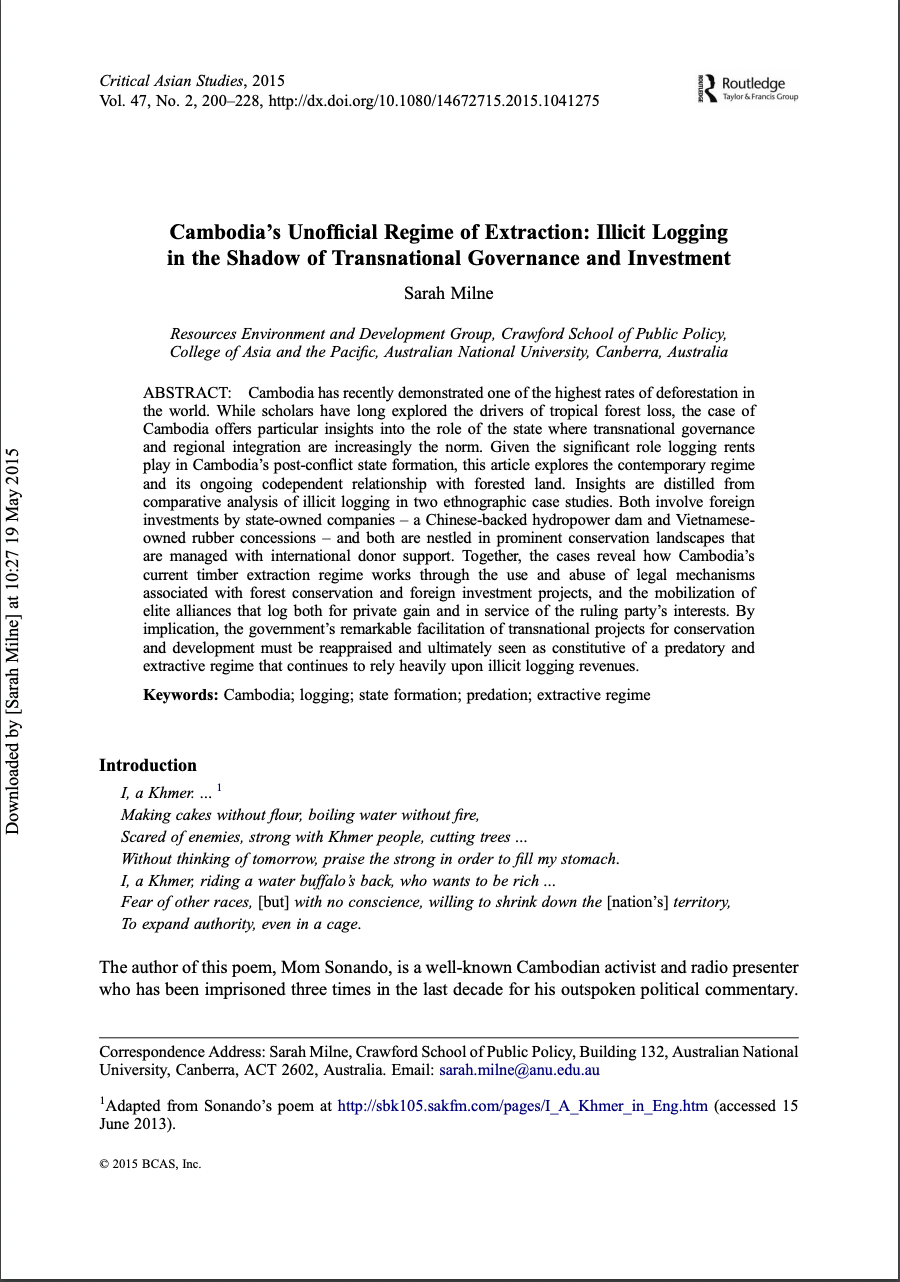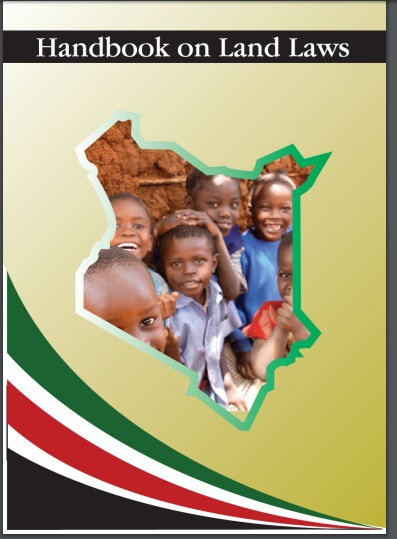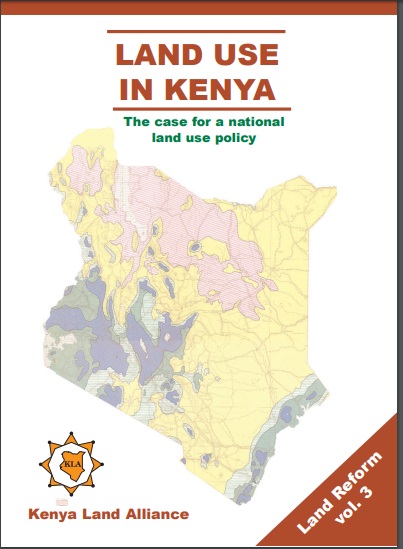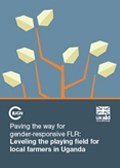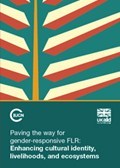Decreto Nº 1076 - Decreto Único Reglamentario del Sector Ambiente y Desarrollo Sostenible.
El presente Decreto, considerando que la racionalización y simplificación del ordenamiento jurídico es una de las principales herramientas para asegurar la eficiencia económica y social del sistema legal y para afianzar la seguridad jurídica, y que constituye una política pública gubernamental la simplificación y compilación orgánica del sistema nacional regulatorio, expide el Decreto Único Reglamentario del Sector Ambiente y Desarrollo Sostenible, cuyo objeto es compilar la normatividad expedida por el gobierno nacional en ejercicio de las facultades reglamentarias para la cumplida ejecuci


